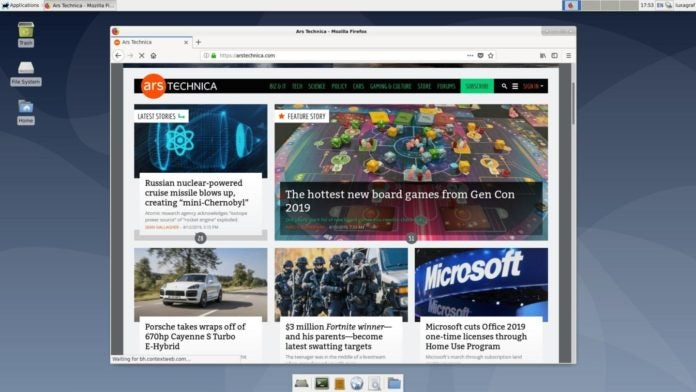GOOGLE HAS SAID it wants to bring Android into line with the main Linux kernel. Although Android already works on a Linux kernel, it’s been so heavily modified over the years, it’s almost unrecognisable, and certainly no longer compatible with the main Linux operating system. Now, however, Google has expressed its desire to right that wrong and bring Android back into line with the regular fork of Linux.
The advantages are manifest. For a start, it would save thousands of hours of work to maintain a separate fork for years at a time.
[Source: The Inquirer]


